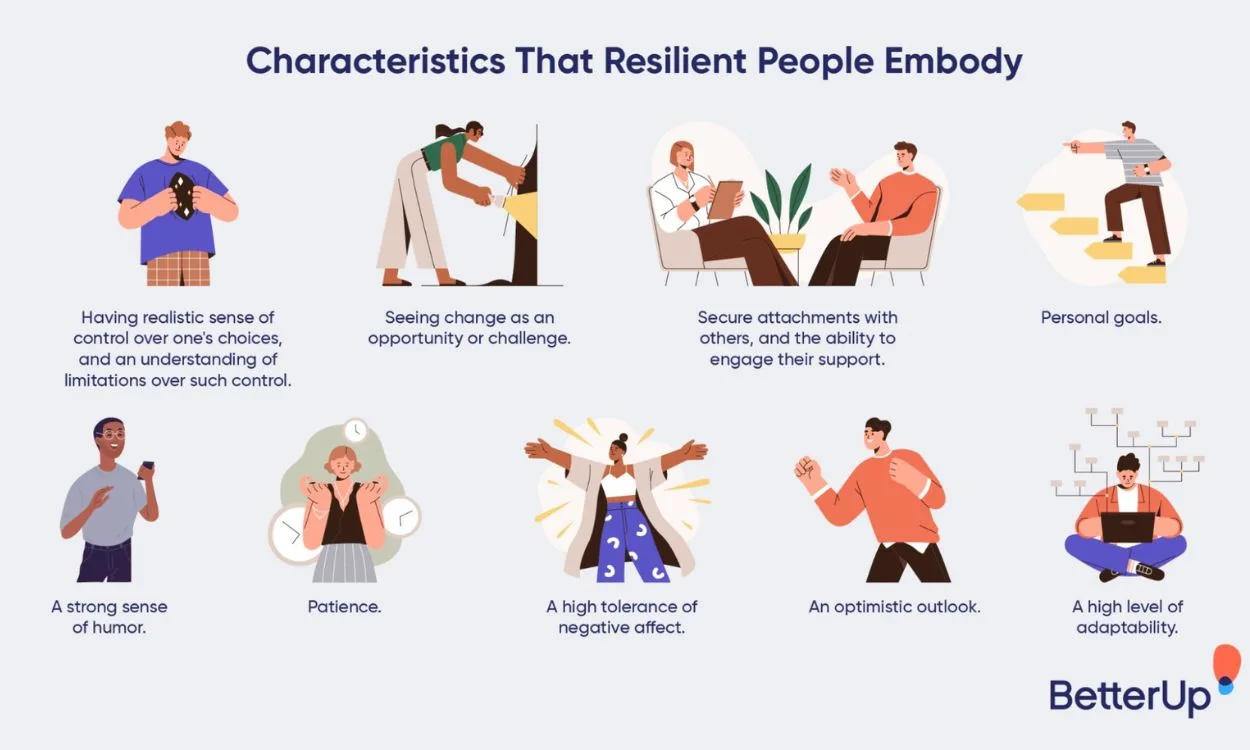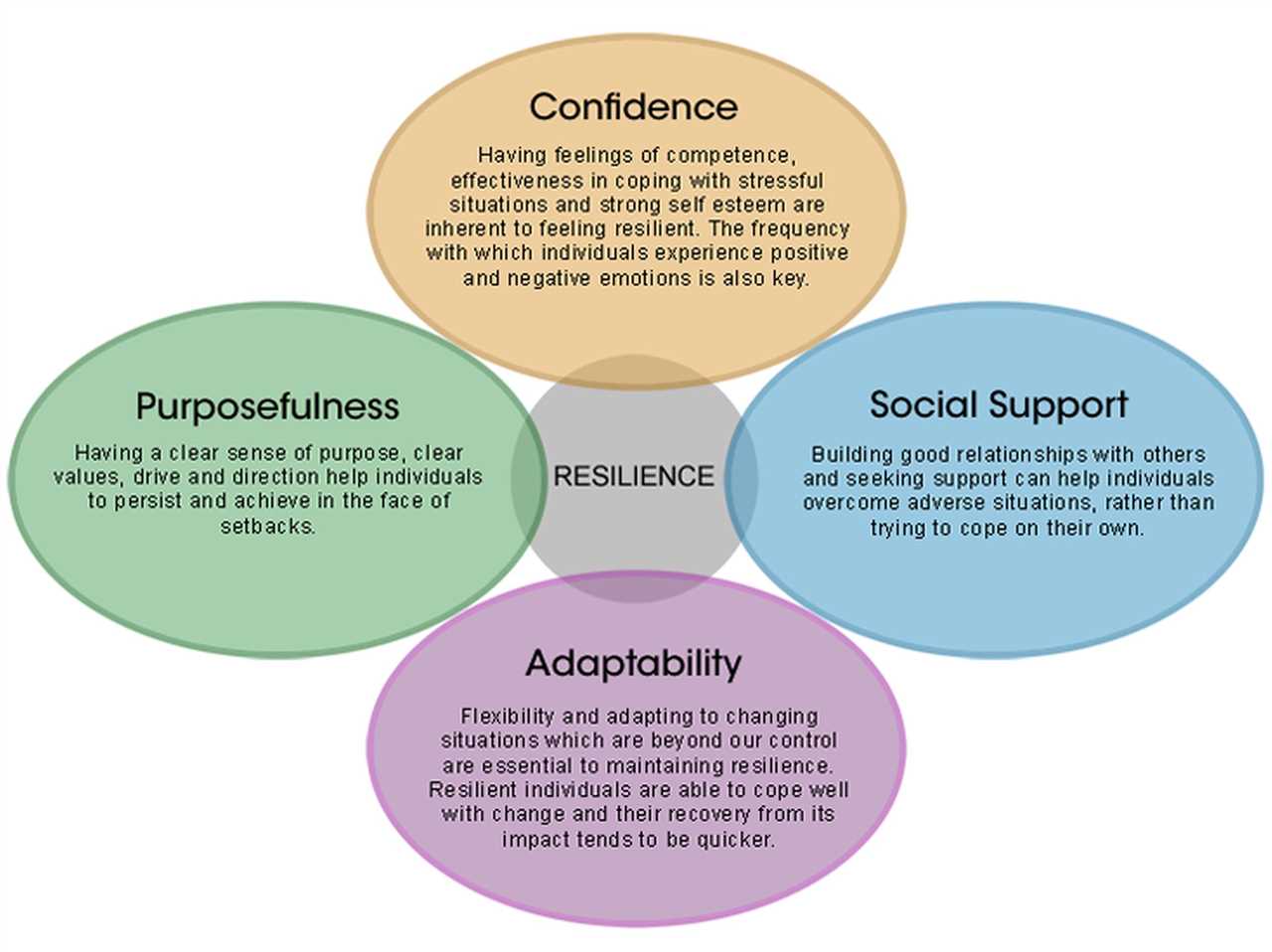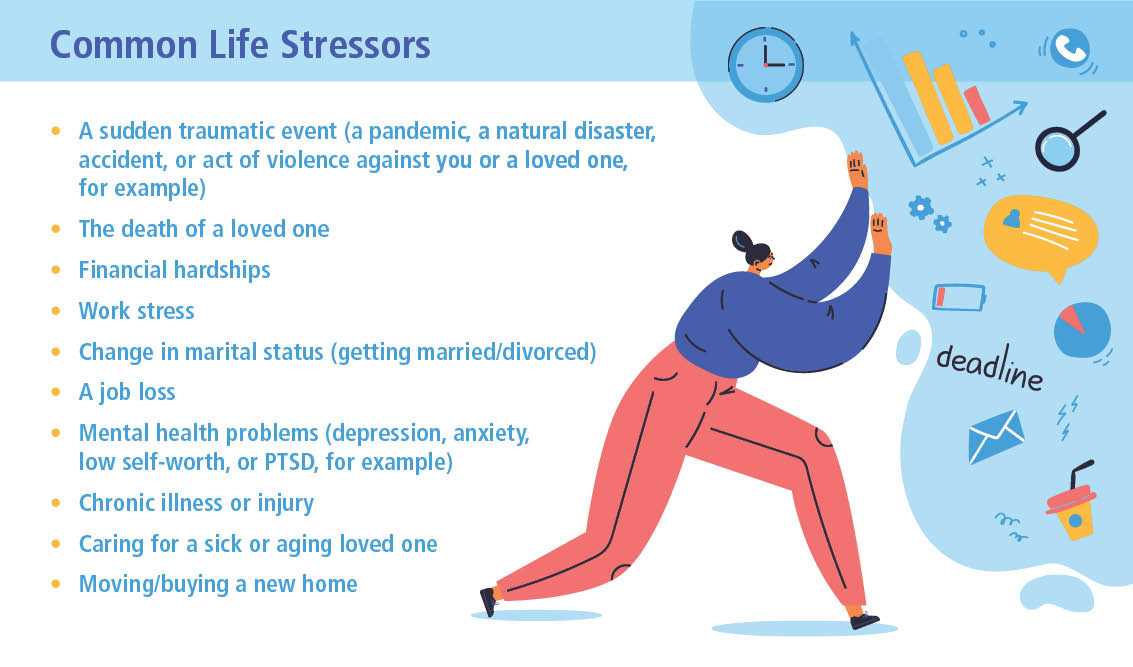
Resilience is the ability to bounce back from difficult experiences and adapt to new challenges. It is a key factor in building mental health and maintaining overall well-being. Resilience is not something we are born with; rather, it is a skill that can be developed and strengthened over time. By understanding the factors that contribute to resilience, we can better equip ourselves to handle stress and overcome adversity.
Resistance is the initial reaction to stress or a challenging situation. It is a natural response that can manifest as fear, anxiety, or even avoidance. While resistance may be instinctual, it is important to recognize that it can hinder our ability to grow and develop resilience. By acknowledging and addressing our resistance, we can begin to build the foundation for recovery and growth.
Recovery is the process of regaining strength and stability after a difficult experience. It involves learning from past setbacks and using those lessons to move forward. Recovery is not a linear process; it often involves setbacks and challenges. However, by embracing these obstacles and using them as opportunities for growth, we can continue to build resilience and develop a stronger sense of self.
Defining stress is crucial in understanding its impact on mental health. Stress is a natural response to demanding situations, but chronic or excessive stress can have detrimental effects on our well-being. By recognizing the signs of stress and implementing healthy coping mechanisms, we can better navigate challenging circumstances and protect our mental health.
Building mental health requires an understanding of resilience, resistance, recovery, and the definition of stress. By developing these skills and knowledge, we can build a strong foundation for mental well-being and face life's challenges with confidence and resilience.
Understanding Resistance, Resilience, and Recovery

Stress is a common experience that affects individuals in different ways. It can be caused by various factors such as work pressure, personal relationships, or financial difficulties. When faced with stress, individuals may respond in different ways, depending on their level of resilience and resistance.
Resilience is the ability to bounce back from adversity and adapt to challenging situations. It involves the capacity to recover quickly from stress and maintain a positive outlook. Resilient individuals are able to cope effectively with stress and maintain their mental health.
Resistance, on the other hand, refers to the ability to withstand stress without experiencing negative effects on mental health. Some individuals have a higher level of resistance, which enables them to handle stressors more effectively and maintain their well-being.
Recovery is the process of returning to a state of well-being after experiencing stress. It involves taking steps to heal and restore mental health. Recovery can be facilitated through various strategies such as seeking support from others, practicing self-care, and engaging in activities that promote relaxation and stress reduction.
Understanding resistance, resilience, and recovery is essential for building and maintaining mental health. By developing resilience and resistance, individuals can better cope with stress and prevent the negative impact on their well-being. Additionally, practicing recovery strategies can help individuals bounce back from stress and restore their mental health.
Overall, stress is a common experience, but individuals have the ability to build resilience, resistance, and recovery skills to better manage and overcome it. By understanding these concepts and implementing strategies, individuals can improve their mental health and well-being.
Defining Stress
Stress is a natural response to the demands and pressures of life. It is a state of mental or emotional strain or tension resulting from adverse or demanding circumstances. Stress can be caused by various factors, such as work, relationships, financial problems, or health issues.
Recovery from stress is an essential part of maintaining mental health and well-being. It involves taking steps to reduce stressors and implement coping mechanisms to manage stress effectively. Building resilience and resistance to stress can help individuals bounce back from difficult situations and prevent the negative effects of chronic stress.
Resilience refers to the ability to adapt and recover from adversity, trauma, or stress. It involves developing skills and strategies to cope with challenges and maintain mental and emotional well-being. Resilience can be built through various practices, such as mindfulness, self-care, social support, and seeking professional help when needed.
Resistance to stress refers to the ability to withstand and handle stress without experiencing negative effects on mental health. It involves developing a strong support system, maintaining healthy habits, and implementing stress management techniques. Resistance to stress can be enhanced through practices like regular exercise, healthy eating, adequate sleep, and engaging in activities that bring joy and relaxation.
In conclusion, stress is a common experience in life, but its impact can be managed through understanding and implementing strategies for recovery, resilience, and resistance. By defining stress and taking proactive steps to manage it, individuals can maintain their mental health and well-being.
What is Stress?

Stress is a natural response to the demands and pressures of life. It is a state of mental or emotional strain or tension resulting from adverse or demanding circumstances. Stress can be caused by a variety of factors, including work-related challenges, personal relationships, financial difficulties, and health issues.
When we experience stress, our bodies go into a fight-or-flight mode, releasing hormones like cortisol and adrenaline. These hormones prepare our bodies to respond to the perceived threat, increasing our heart rate, blood pressure, and breathing rate.
While stress is a normal part of life, excessive or prolonged stress can have negative effects on our mental and physical health. It can lead to anxiety, depression, and other mental health disorders. It can also weaken our immune system, making us more susceptible to illnesses.
However, it's important to note that not all stress is bad. Some level of stress can actually be beneficial and help us perform better under pressure. This is where resilience and resistance come into play.
Resilience refers to our ability to bounce back from stressful situations and adapt to changes. It is the capacity to recover quickly from difficulties and setbacks. Resilient individuals are able to maintain a positive outlook, cope with challenges, and find ways to manage stress effectively.
Resistance, on the other hand, refers to our ability to withstand or endure stress without being negatively affected by it. It is the ability to remain mentally and emotionally strong in the face of adversity. Resistant individuals are able to maintain their mental health and well-being even in the midst of challenging circumstances.
Recovery is the process of returning to a state of balance and well-being after experiencing stress. It involves taking time to rest, relax, and recharge. Recovery strategies can include engaging in activities that bring joy and relaxation, practicing self-care, seeking support from others, and adopting healthy coping mechanisms.
In conclusion, stress is a normal part of life, but excessive or prolonged stress can have negative effects on our mental and physical health. However, with resilience, resistance, and effective recovery strategies, we can build our mental health and well-being and better manage stress.
The Impact of Stress on Mental Health

Stress is a natural response to the demands and challenges of life. It can arise from various sources, such as work pressures, relationship issues, financial difficulties, or traumatic events. While some level of stress is normal and can even be motivating, excessive or chronic stress can have a significant impact on mental health.
Resilience and recovery play a crucial role in how individuals respond to and cope with stress. Resilience refers to the ability to bounce back from adversity and adapt to change. It involves developing healthy coping mechanisms, maintaining a positive outlook, and seeking support when needed. Recovery, on the other hand, involves restoring balance and well-being after experiencing stress or trauma.
When stress becomes overwhelming or prolonged, it can lead to a range of mental health issues. These may include anxiety disorders, depression, post-traumatic stress disorder (PTSD), and substance abuse. Stress can also exacerbate existing mental health conditions and contribute to the development of physical health problems.
It is important to note that stress affects individuals differently, and what may be stressful for one person may not be for another. This is why it is essential to have a clear understanding of stress and its impact on mental health. By recognizing the signs and symptoms of stress, individuals can take proactive steps to manage their stress levels and protect their mental well-being.
Overall, stress is a normal part of life, but excessive or chronic stress can have a detrimental impact on mental health. Building resilience, practicing self-care, and seeking support are essential in managing stress and promoting mental well-being.
Recognizing the Signs of Stress
Stress is a natural response to challenging situations and can affect individuals in different ways. It is important to recognize the signs of stress to effectively manage and build resilience against it.
Resilience is the ability to bounce back from adversity and maintain a sense of well-being. It involves building resistance to stress and developing coping mechanisms to overcome challenges.
Stress can be defined as a physical or psychological response to external pressures or demands. It can manifest in various ways, including physical symptoms such as headaches, muscle tension, and digestive issues, as well as emotional symptoms like irritability, anxiety, and difficulty concentrating.
Recognizing the signs of stress is crucial in order to take appropriate action and prevent it from escalating. Some common signs include changes in appetite, sleep disturbances, increased heart rate, and feelings of overwhelm or helplessness.
It is important to note that stress affects individuals differently, and what may be stressful for one person may not be for another. Therefore, it is essential to be aware of your own personal triggers and stressors.
Building resilience against stress involves recognizing and acknowledging your own stress levels and taking proactive steps to manage them. This can include engaging in stress-reducing activities such as exercise, meditation, or spending time with loved ones.
By recognizing the signs of stress and taking steps to build resilience, individuals can better manage and overcome the challenges they face, leading to improved mental health and overall well-being.

I am Patrina de Silva, a psychologist and mental health blogger in Sri Lanka. After obtaining psychology degrees from the University of Colombo and Monash University, I returned home to work as a counselor while also starting the popular blog “Pressy but Happy” to provide advice on psychological issues. Over the past decade, my empathetic articles have made my blog a leading mental health resource in the country. In addition to writing, I maintain a private therapy practice, frequently volunteer counseling time, and conduct seminars, driven by my passion for destigmatizing mental illness and educating the public on the mind-body connection. I strive to be an influential voice in my field through my compassionate approach.
